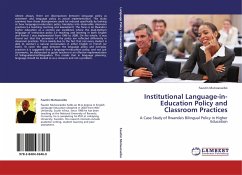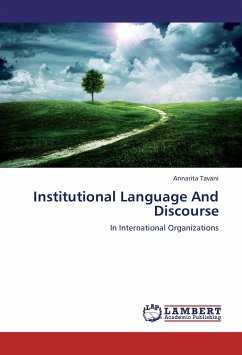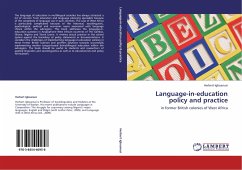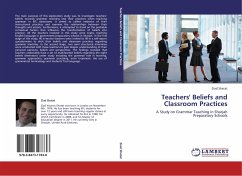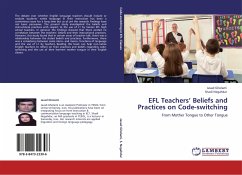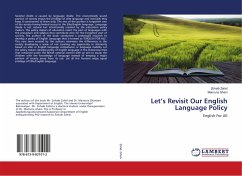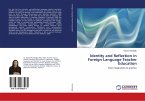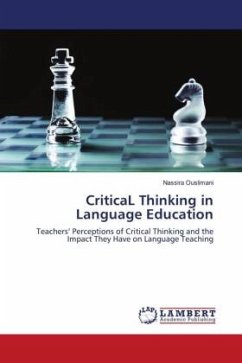Almost always, there are discrepancies between language policy as statement and language policy as actual implementation. This study examines how those discrepancies could be reduced specifically by looking at how language-in-education policy translates into observable classroom practices (i.e teaching, learning and assessment). The focus is on Rwanda s higher education as a context par excellence where the dual-medium language of instruction policy (i.e teaching and learning in both English and French ) was implemented from 1996 to 2008. On the whole, it was found out that the provisions of the policy are reflected differently in classroom practices. This is mainly due to the fact that not every student is able to conduct a natural conversation in either English or French (or both). To cover the gaps between the language policy and everyday practices it is suggested that a language-in-education policy, and not just statements, be elaborated to guide teachers in an effective implementation of bilingualism/multilingualism. This entails that in language planning, language should be looked at as a resource and not a problem.

